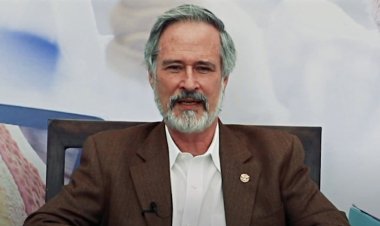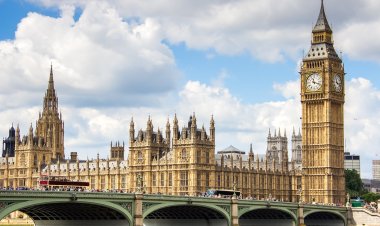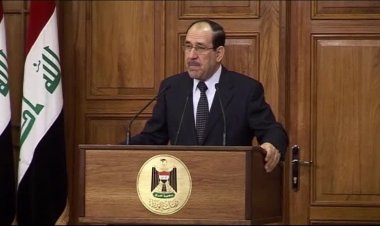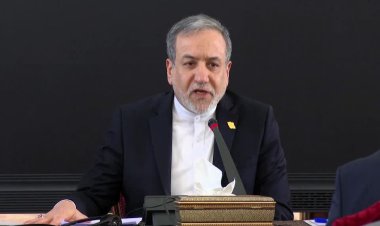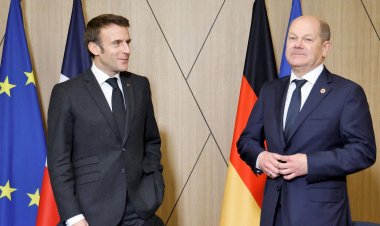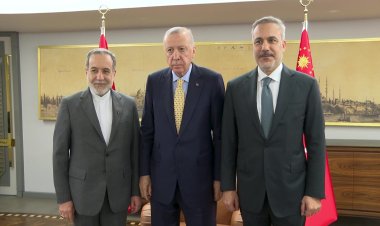Syria ends talks on post-Assad transition
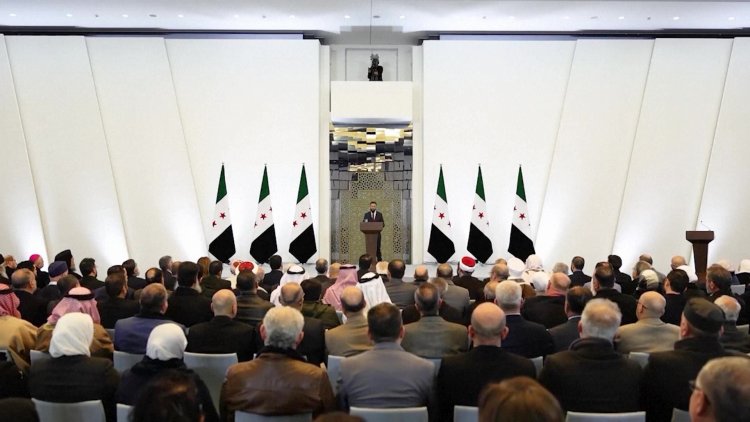
Syria's two-day National Dialogue conference in Damascus concluded, having brought together representatives from various groups to discuss the country's political future, although the exclusion of key armed groups from the meeting has raised doubts about its effectiveness.
The event, which came nearly three months after former president Bashar al-Assad's departure, aimed to make non-binding recommendations for interim laws, paving the way for a new constitution and government.
Syrian Interim President Ahmad al-Sharaa addressed the conference, urging the nation to come together at a pivotal moment for its future.
The conference divided participants into six working groups to discuss key issues, including a transitional justice system, the constitution, building state institutions, personal freedoms, Syria's future economic model, and the role civil society would have in the country.
These discussions are intended to inform the complex post-Assad political transition, which has faced numerous obstacles due to Syria’s ongoing fragmentation. Despite the broad representation, skepticism about the conference’s inclusiveness persists, particularly among armed groups like the United States-backed Kurdish-led Syrian Democratic Forces (SDF), which were excluded from the talks. The SDF has criticized the conference, claiming it does not represent the Syrian population.
Syria faces monumental challenges as it works to rebuild an economy devastated by 14 years of civil war. Millions live below the poverty line, and much of the country's infrastructure remains in ruins.
A new transitional government is set to take power on March 1, with hopes that it will be better equipped to address the nation's long-standing economic issues, including the impact of international sanctions.
The conference signals a new chapter for Syria, one marked by the potential for rebuilding after years of devastation. However, the ongoing control of large parts of the country by various armed factions continues to raise questions about the conference's effectiveness and ability to represent all Syrians.







